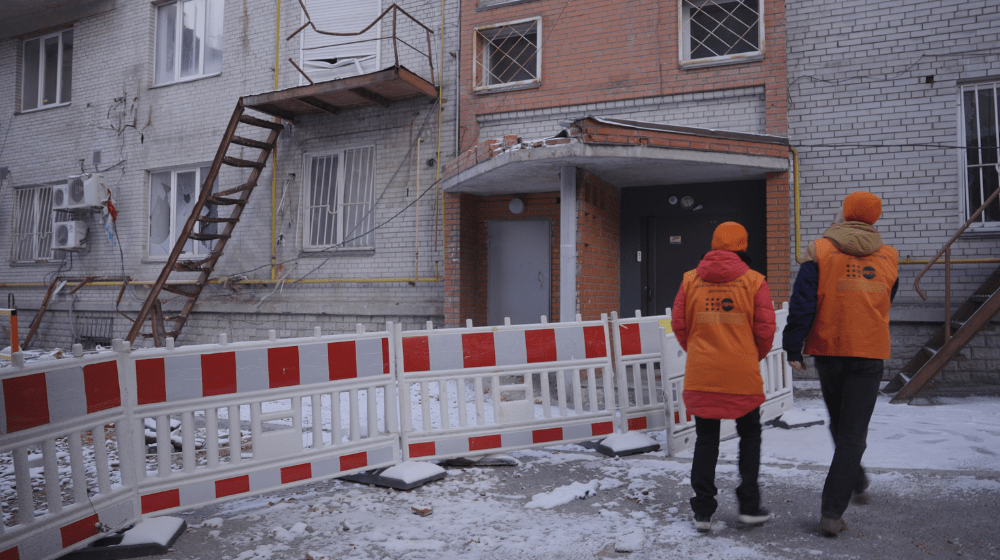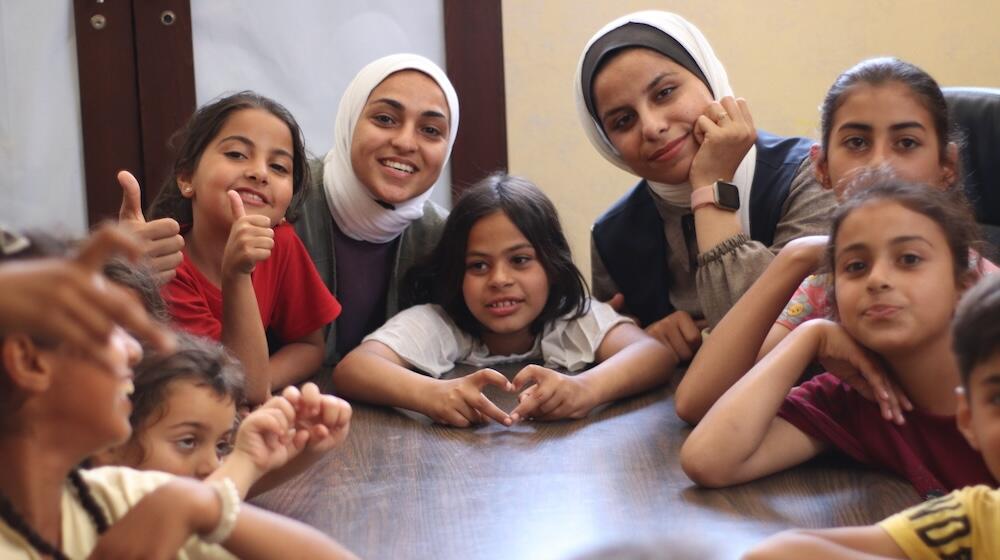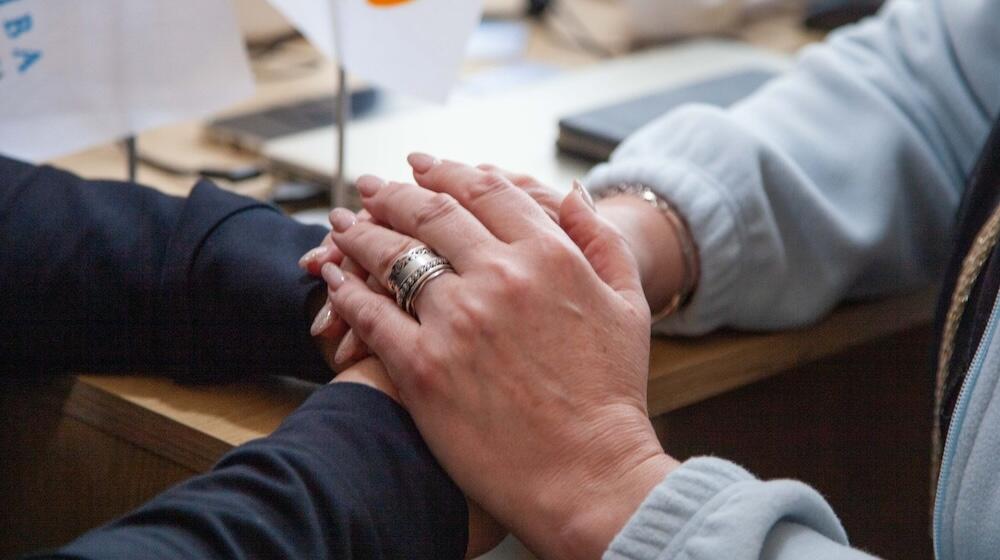In a world of relentless conflicts, climate disasters, violence, discrimination, injustice and inequality, there’s no shortage of issues that can take a toll on our mental health. No one is immune. And everyone has a right to the highest attainable standard of mental health.
This includes the workplace. On World Mental Health Day this year, the vital connection between mental health and work is in focus. Safe, healthy work environments can be a protective factor for mental health. Unhealthy conditions such as discrimination and harassment can pose significant risks, affecting mental health, quality of life, and participation and productivity at work.
It is essential for governments, employers and organizations that represent workers and employers to come together to improve mental health at work. Any action should be taken with the involvement of workers and their representatives, as well as with persons with lived experience of mental health conditions. By investing resources in evidence-based approaches at work, we can ensure that everyone has the opportunity to thrive at work and in life.
Good mental health is crucial to our overall health and well-being, yet it is often misunderstood, stigmatized and left untreated. Mental and physical health are connected, with anxiety and depression diminishing people’s quality of life as well as the lives of those around them.
In our work at UNFPA, we see women and girls who have survived mental and physical traumas including gender-based violence, child marriage, female genital mutilation, obstetric fistula and online abuse, all of which can take a serious toll on mental health. Other issues worsen women’s mental health as well, including unpaid labour, most of which is shouldered by women, and unintended pregnancy, which is often a factor in depression, according to the 2022 State of World Population report.
Further, with millions of people fleeing their homes amid protracted conflicts and climate disasters, today’s crises are becoming more widespread and complex, and they continue to take a disproportionate toll on women and girls. Such humanitarian crises produce psychological suffering and trauma that threaten people’s health and well-being and erode efforts for peacebuilding and recovery.
UNFPA is working closely with humanitarian and development partners to provide life-saving sexual and reproductive health services and to integrate urgently needed services for gender-based violence in emergencies, as well as to provide mental health and psychosocial support.





